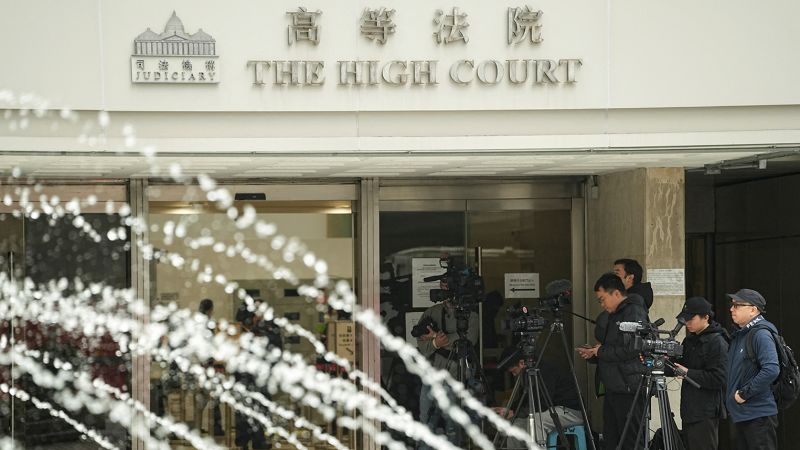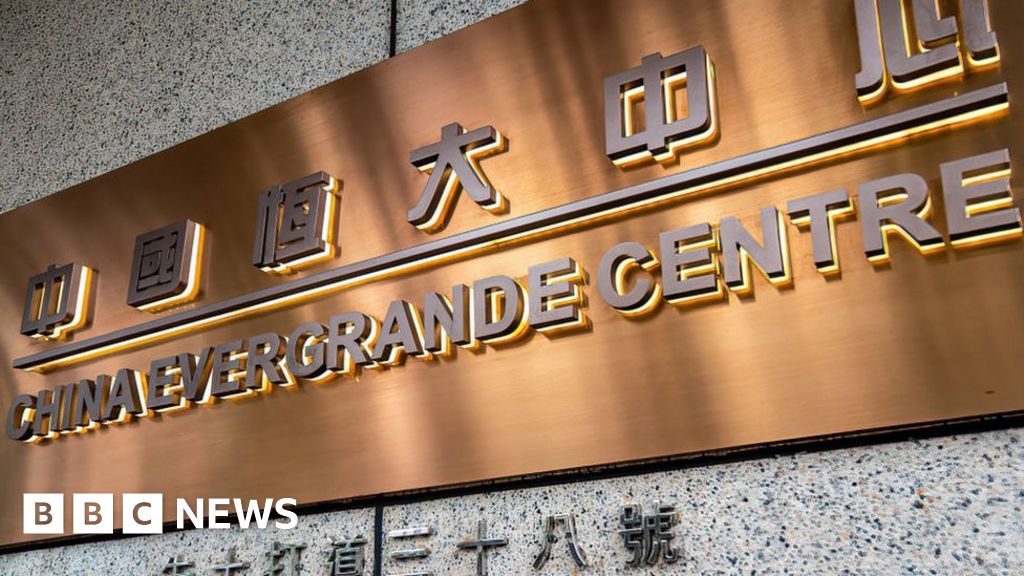A Hong Kong court has ordered the liquidation of China Evergrande Group, a juncture in the crisis surrounding the world’s most indebted property developer. The decision, made by Judge Linda Chan, comes after Evergrande failed to present a viable plan to restructure its $300 billion debt.

Also Read: Microsoft Crossing the $3 Trillion Valuation Mark
With total liabilities of $2.39 trillion yuan ($333 billion) as of June 2023, the developer filed for bankruptcy in New York in 2023, seeking protection for its American assets in an attempt to negotiate a deal.
The company’s financial struggles have become emblematic of challenges faced by China’s real estate sector, which contributes a quarter to the country’s GDP.
The Hong Kong court’s decision to order liquidation shows the company’s failure to provide a credible debt restructuring plan.
The ruling has implications for international creditors, with the court documents revealing debts of approximately $25.4 billion owed to foreign creditors. While the liquidation process involves seizing and selling assets to repay outstanding debts.
The announcement of liquidation sent its shares plummeting by more than 20% in Hong Kong, making the suspension of trading.
The property sector, a cornerstone of China’s economy, is now facing threats as authorities struggle with curbing a stock market sell-off amid concerns about the spillover effects.
As one of the largest contributors to the world’s second-largest economy, the Chinese property sector concerns about the stability of financial markets globally.
Also Read: Tencent’s Riot Games Cuts 11% of Global Workforce, 530 employees
International investors, particularly those with exposure to Evergrande’s debt, are closely monitoring the situation.
The Hong Kong court’s decision to liquidate Evergrande questions about the enforceability of such orders in mainland China.
Despite an agreement between China’s Supreme Court and Hong Kong’s Department of Justice to recognize and enforce civil and commercial judgments, uncertainties remain about the practical implications in a case as complex as Evergrande’s.
Evergrande’s home buyers are left in limbo, anxiously awaiting the completion of their properties. Construction delays and uncertainties about the fate of their investments have become a common theme among those who purchased homes from Evergrande and other developers.
The court’s decision is faced by millions of Chinese citizens who have invested their savings in unfinished properties.
The Chinese government has attempted to manage public concern about the property crisis, with citizens expressing frustration on social media platforms like Weibo.
Also Read: India Surpasses Hong Kong as World’s Fourth Largest Stock Market
The court’s decision to liquidate Evergrande is to the government’s challenges in maintaining stability in the housing market and addressing the concerns of both home buyers and investors.
While the liquidation order pertains to the parent company, Evergrande Group, it does not necessarily translate into an immediate suspension of all construction activities. Evergrande’s subsidiaries may continue operations, subject to future developments by liquidators.
Evergrande’s default liquidation proceedings have exposed the challenges faced by foreign creditors seeking to recover their investments.
The disparity between the legal avenues available to mainland Chinese lenders and their international counterparts underlines the cross-border financial disputes.
The court’s decision impacts Evergrande but also sends a signal to other defaulted developers, including Sunac China, Jiayuan, and Kaisa.
Judge Linda Chan’s approach to insolvency matters, as demonstrated by previous cases like Jiayuan, provides insight into how offshore liquidators may be treated in onshore jurisdictions.
Also Read: Terraform Labs Files for Chapter 11 Bankruptcy Protection in US






















